I don't want a hug. I need your hug
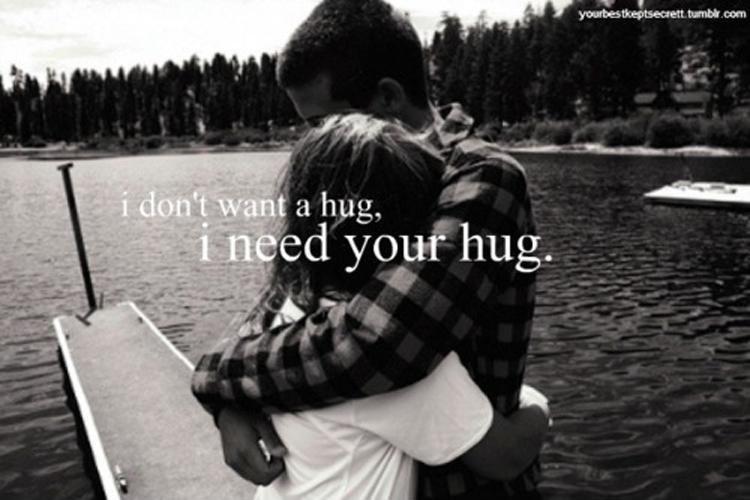
I don't want a hug. I need your hug
Hugs are a universal form of comfort and affection that have the power to convey emotions and provide solace in times of need. The simple act of wrapping one's arms around another person can communicate a myriad of feelings, from love and support to empathy and understanding. However, not all hugs are created equal, and there are times when a hug is more than just a physical gesture of affection – it becomes a lifeline, a source of strength and reassurance in the face of adversity."I don't want a hug. I need your hug" is a powerful statement that encapsulates the profound impact that a hug can have on our emotional well-being. It speaks to the deep-seated need for human connection and the healing power of physical touch. In moments of distress or despair, a hug from a loved one can provide a sense of security and comfort that words alone cannot convey. It is a silent reassurance that we are not alone, that someone cares for us and is there to support us through difficult times.
There is a difference between wanting a hug and needing a hug. Wanting a hug is a desire for physical closeness and intimacy, a way to express affection and bond with another person. Needing a hug, on the other hand, goes beyond mere desire – it is a cry for help, a plea for comfort and understanding. When we say "I need your hug," we are acknowledging our vulnerability and reaching out for support in a moment of weakness.
A hug has the power to soothe our fears, calm our anxieties, and lift our spirits when we are feeling low. It is a gesture of love and compassion that transcends language and cultural barriers, connecting us on a deeper level with those we care about. So the next time someone says "I don't want a hug. I need your hug," remember the profound impact that a simple embrace can have on someone's emotional well-being, and be there to offer your support and comfort when it is needed most.
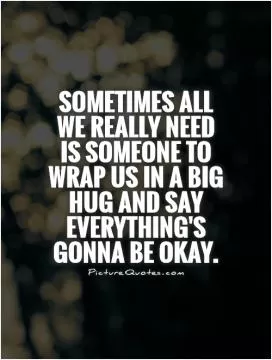
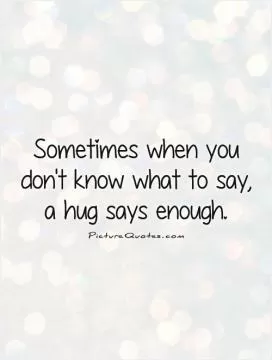
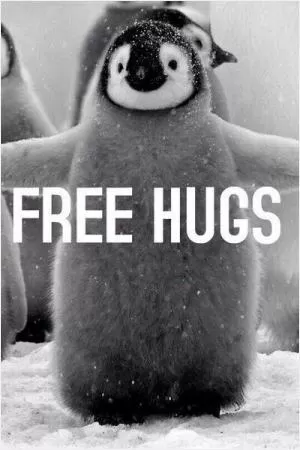
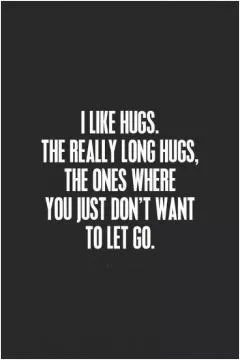

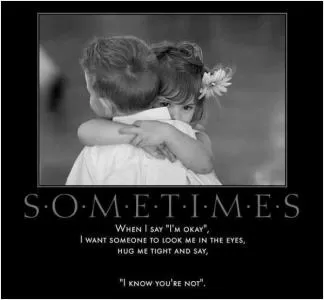
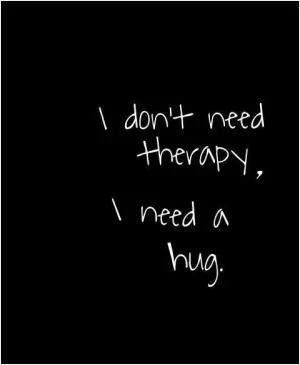
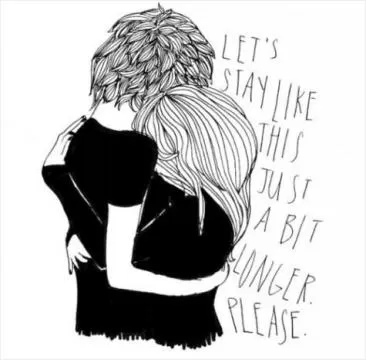
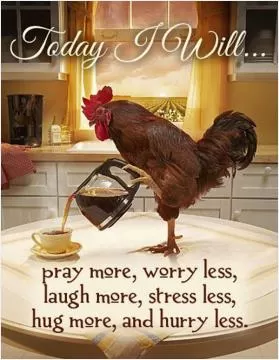
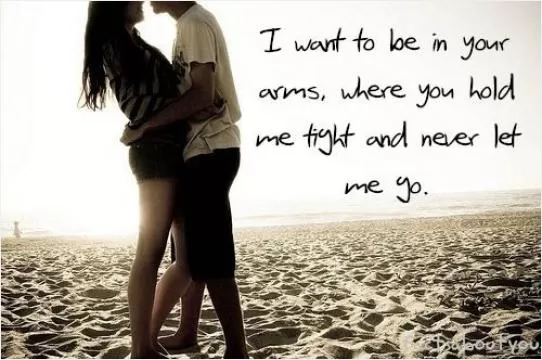
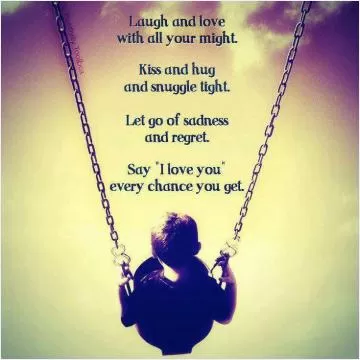
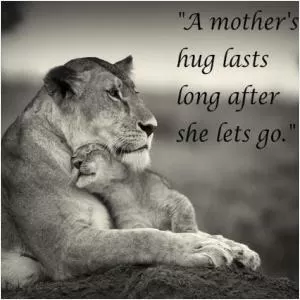
 Friendship Quotes
Friendship Quotes Love Quotes
Love Quotes Life Quotes
Life Quotes Funny Quotes
Funny Quotes Motivational Quotes
Motivational Quotes Inspirational Quotes
Inspirational Quotes